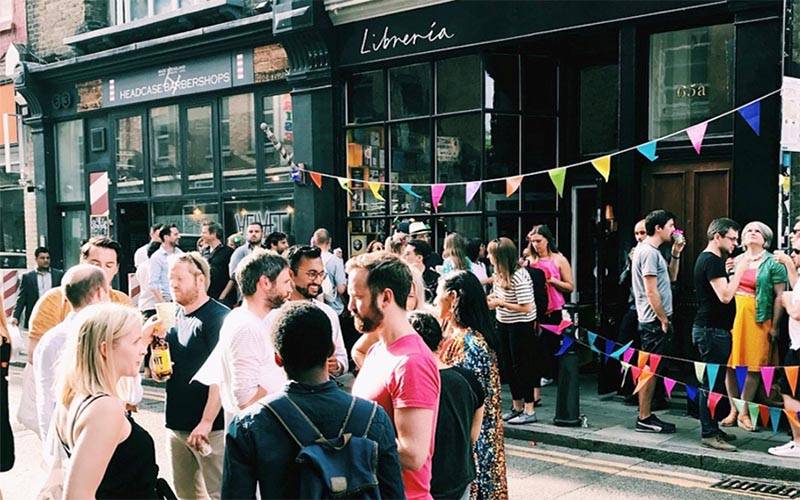Urban Effects of Coworking Spaces – Anchor Strategies for Placemaking Action
Supervisors: Prof Alan Penn (first), Dr Juliana Martins (second)

The increase of coworking spaces has been recently particularly intense, spreading in cities characterised by fragile dynamics involving development and hypergentrification, impacting their specific context. Some examples show how coworking can be both activator for the entire neighbourhood, providing support to the local context, and generator of community-led activities, where time reinforces the spatial and symbolic role of the neighbourhood, empowering the local community and involving it in the development process. The study aims to investigate urban effects of coworking patterns, comparing the area of Hackney and the Creative Cluster in the northern area of Milan, regarding their contribution to urban revitalisation trends and local physical transformations.
Biography
Irene is an architect and urban designer. She holds a degree in Architecture at the Politecnico of Milan, and a MRes in Urban Design at the Bartlett School of Planning, UCL. The academic carrier has been complemented by active participation in parallel activities, such as the coordination of Presidio Temporaneo di Architettura, a collective involving urban exhibitions, and research roles for the Hackney Council and the Civic Design Group. Irene is working as urban designer with AR Urbanism, gaining more experience in placemaking strategies, human-centred approach and community engagement.Currently, she is an ESRC-funded doctoral student at the Bartlett School of Architecture, with interests in the relationship between precariousness cultures, work patterns and urban space.
Further links
Image: Second Home event on Hambury Street
 Close
Close

